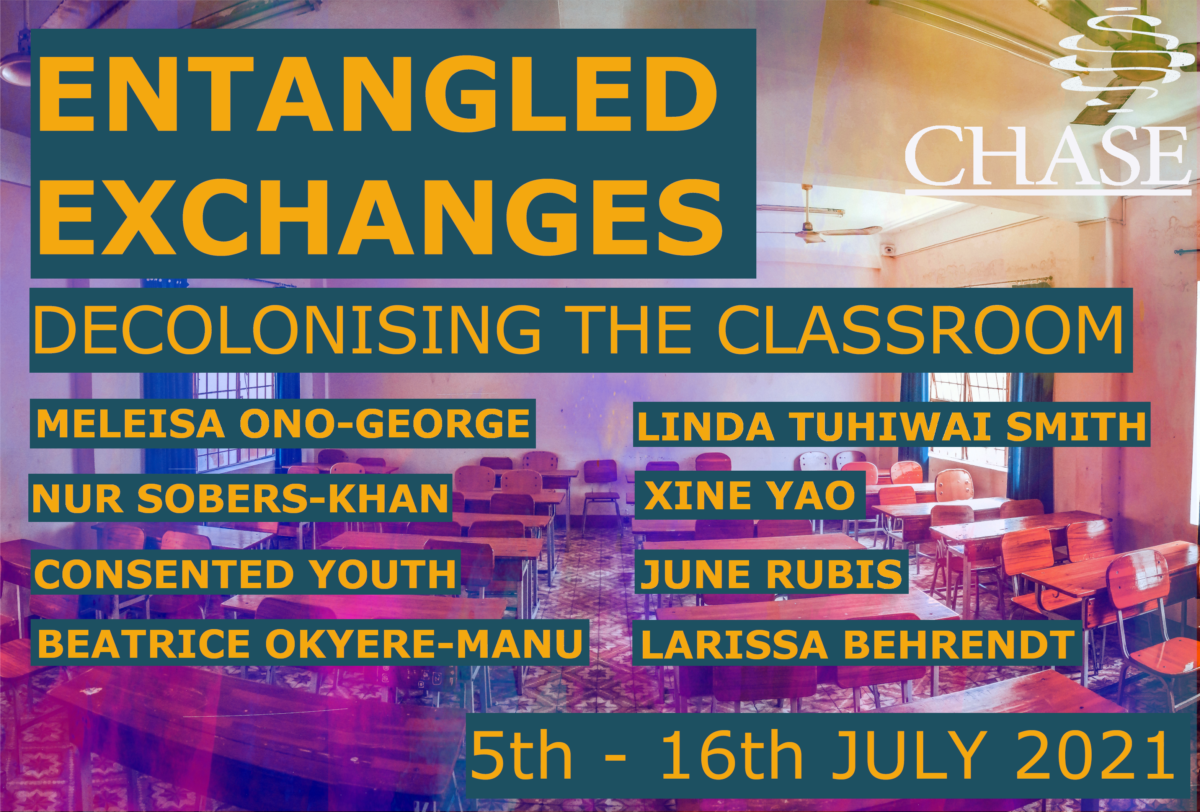CHASE placement: Essay Film Festival 2022
Placement:
Full-time placement of 6 months (FTE) which could be worked over 9 months. Work pattern to be agreed with the successful candidate and variable to meet project needs. Expected start date: October 2021.
Project description and training opportunities:
Curatorial internship at the Essay Film Festival, Birkbeck Institute for the Moving Image: http://www.essayfilmfestival.com
Description:
The Essay Film Festival is a well-established film festival, taking place in London in late-March/early-April since 2015, and currently planning for its eighth iteration in spring 2022. The EFF screenings and events are held at Birkbeck Cinema, the Institute of Contemporary Arts, and other venues (e.g., Goethe-Institut, Institut Français). The EFF is a unique project in that it is a research-based film festival, created in the context of a multidisciplinary and public-facing research institute (Birkbeck Institute for the Moving Image). The Birkbeck academics (Janet McCabe, Laura Mulvey, Michael Temple) involved in the EFF team consider film curating and film programming as an integral part of their research and teaching, and they share a vision of how their academic work interacts with artistic creation, political debate, and social activism.
The festival is highly focused and distinct in its aims. It does not seek to compete with or emulate any existing film festival, and this is why it has been so successful, gaining international recognition alongside strong and committed audiences at home. We focus on the essayistic in film and media practices past and present, where the “essay film” is understood as the creative and critical intersection between the documentary and the experimental: on the one hand, the ambition to engage critically with the real, the everyday, the lived experiences of communities and societies across the globe; and, on the other, a desire to challenge and explore the formal language and technical possibilities of audiovisual media, both contemporary and historical. We have also boldly expanded the understanding of essayistic film and media practice beyond the western tradition where the “essay film” once appeared to reside, and we have thus shown work and engaged with filmmakers and artists from Iran, the Lebanon, Thailand, Hong Kong, the Philippines, Korea, Mexico, Argentina – to give a few examples – as well as from various European countries and North America.
Our working method is also unique. We deliberately limit the number of screenings and events to a level that allows us to focus on quality rather than quantity. We curate each session with great care and attention, always looking for the best way to present the films and the filmmakers as part of a critical conversation – rather than the conveyor-belt of “screening plus Q&A” that typifies so many other film festivals. Thus, while our festival programme may only feature 12 to 15 sessions, stretched over a week to 10 days, most of these sessions are very substantial, lasting several hours, sometimes a whole day or more, and therefore allowing for multiple screenings, long-form screenings, and crucially the right amount of time for interventions by artists, academics, and activists, as part of a well-rounded and well-informed public conversation. Our approach to film curating is greatly appreciated by the artists themselves, who happily respond to the challenge of more open and sometimes “performative” modes of presenting and discussing their work.
This is the ambitious and dynamic environment in which we work, and the context in which we would like to offer a curatorial placement to a CHASE doctoral student willing to learn and to share our vision.
Role and responsibilities:
The successful candidate will work with the EFF programming team, currently including: EFF Director Dr Michael Temple and the BIMI Manager Matthew Barrington (also a Birkbeck doctoral student), Professor Laura Mulvey (Birkbeck), Dr Janet McCabe (Birkbeck), Catherine Grant (independent researcher and filmmaker), Ricardo Matos Cabo (independent curator and Birkbeck doctoral student), Kieron Corless (deputy editor Sight & Sound), and Raquel Morais (independent curator and Birkbeck doctoral student).
While managed and mentored by the EFF Director and BIMI Manager, the intern will be totally integrated into the programming team and will work as a full and equal member of this group, learning and receiving training on the job in all aspects of creating and curating this unique festival.
The internship duration will be the equivalent of 6 months full-time, but this could be adapted to suit the candidate, for example 2 or 3 days per week, over a longer period. For this coming year, 2021-22, we would like the placement to begin in October 2021, although we will certainly be flexible regarding the start date and the number of days worked per week.
Applications
To apply, please send your CV and a covering letter to Dr Michael Temple, EFF Director, Birkbeck: m.temple@bbk.ac.uk and copy to bimi@bbk.ac.uk
Deadline for applications: by 1700, Friday 27 August 2021, Interviews: mid-September 2021.




